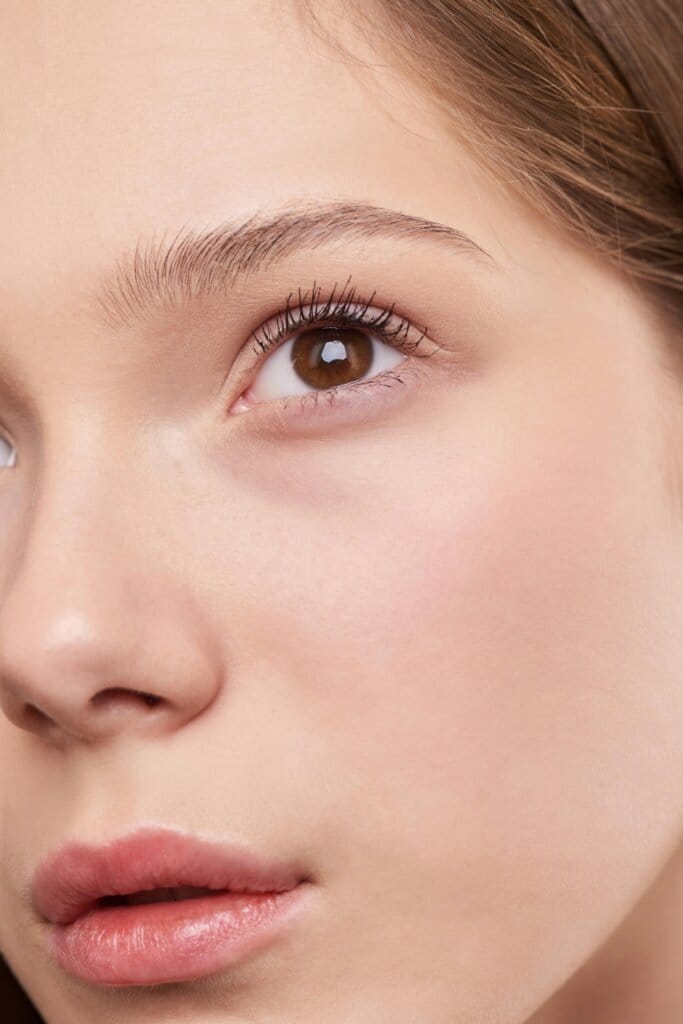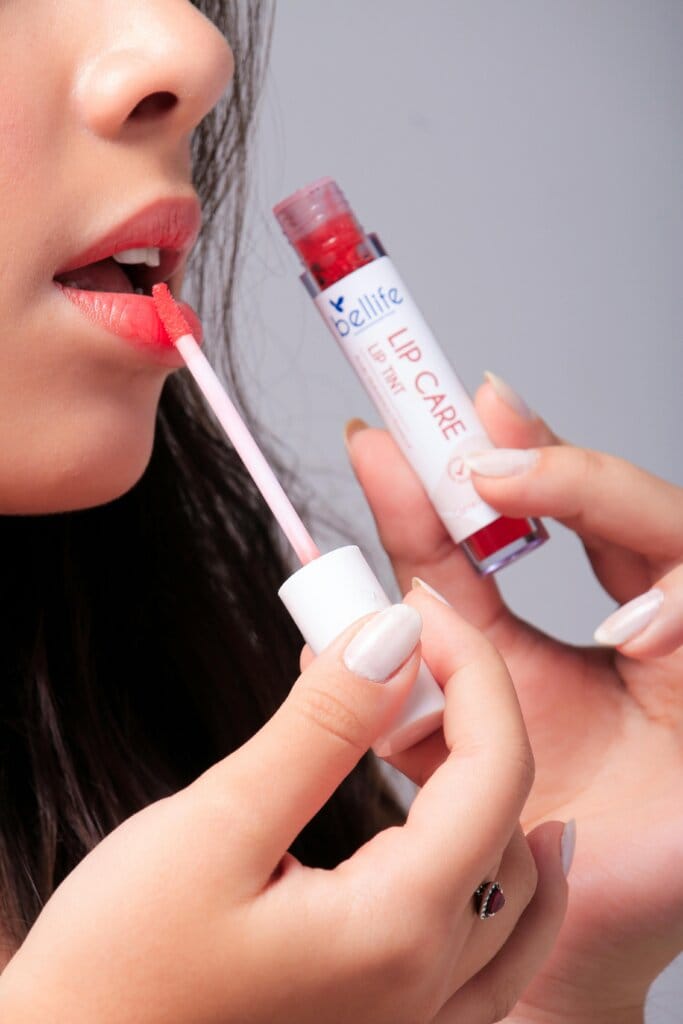Sun exposure can result in a variety of skin issues, including sunburn, pigmentation, dullness, premature aging, and fine lines. While sunscreen offers protection during the day, it is also essential to aid skin recovery at night, when it begins its repair process. An appropriate nighttime skincare regimen can help calm, nourish, and heal skin affected by sun damage.
In this article, we will outline an effective nighttime skincare routine specifically crafted to repair sun damage and revive your skin’s health and radiance.
The Importance of Night Skincare After Sun Exposure
At night, your skin enters a regeneration phase.
Blood circulation to the skin increases, along with collagen production and cell turnover.
This makes nighttime an ideal opportunity to apply treatments that mend UV damage, replenish moisture, and facilitate healing.
A focused nighttime skincare routine can:
Repair damaged skin cells
Minimize redness and inflammation
Diminish sunspots and pigmentation
Enhance hydration and collagen
Reinforce your skin barrier
Now, let’s examine the step-by-step process of creating a restorative and hydrating nighttime skincare routine for skin exposed to the sun.

Step 1
Gentle Cleansing to Eliminate Impurities
After spending a day in the sun, your skin might be covered in sweat, sunscreen, dirt, and pollutants.
It is vital to cleanse thoroughly while retaining the natural oils of your skin.
Suggestions:
Opt for a mild, hydrating cleanser (steer clear of harsh foaming or exfoliating formulations).
Seek ingredients like aloe vera, chamomile, or glycerin to soothe the skin.
Rinse with lukewarm water — hot water can intensify dryness and irritation.
Double cleansing (starting with an oil-based cleanser followed by a water-based one) is beneficial if you applied heavy sunscreen or makeup.
Step 2
Toning for Balance and Comfort
A quality toner assists in restoring your skin’s pH balance and prepares it to absorb serums and treatments more effectively.
Top Toners for Sun-Damaged Skin:
Rose water: Calms irritation and provides hydration
Green tea toner: Packed with antioxidants for damage repair
Chamomile or cucumber-based toners: Soothe sunburn and redness
Avoid toners with alcohol or astringents, as they may dry out or aggravate already sensitive skin.
Step 3
Targeted Serums for Repair
Serums are concentrated with active ingredients that penetrate deeply and address skin concerns.
Opt for serums that help repair damage and encourage renewal.
Recommended Serums:
Vitamin C serum: Lightens sunspots, brightens complexion, and stimulates collagen
Niacinamide: Aids in reducing inflammation and helps diminish pigmentation
Hyaluronic acid: Provides deep hydration and plumps the skin
Centella Asiatica (Cica): Alleviates irritated or sunburned skin
If your skin feels overly sensitive after sun exposure, begin with hydrating serums like hyaluronic acid before integrating active ingredients.
Also check: Skincare mistakes to avoid
Step 4
Moisturizer to Seal in Hydration
Sun exposure can lead to dehydration and a weakened skin barrier.
A rich night cream or moisturizer is crucial for rehydrating and safeguarding your skin.
What to Consider:
Ceramides: Fortify the skin barrier
Aloe vera: Relieves redness and inflammation
Peptides: Aid in skin repair and rejuvenation
Shea butter or squalane: Provides deep moisture without clogging pores
Select a formula that matches your skin type — gel-based for oily skin and cream-based for dry or damaged skin.

Step 5
Targeted Treatment for Pigmentation (Optional)
If you notice sunspots or uneven skin tone caused by UV exposure, consider using a targeted treatment.
Helpful Ingredients:
Alpha Arbutin: Decreases melanin production
Licorice Extract: Lightens dark spots
Azelaic Acid: Addresses pigmentation and inflammation
Apply spot treatments exclusively to the affected areas, ensuring they are suitable for nighttime application.
Step 6
Night Masks or Treatments (2–3 times/week)
Utilizing an overnight mask once or twice a week can significantly enhance your skin’s healing abilities.
These treatments deliver concentrated nourishment while you rest.
Recommended Overnight Masks for Sun Damage:
Hydrating sleeping mask containing hyaluronic acid
Repair mask infused with aloe vera and green tea
Vitamin E and honey mask for healing and softness
These treatments support long-term repair, encourage radiance, and strengthen the skin barrier.
Step 7
Eye Cream for Delicate Areas
The skin surrounding your eyes is more delicate and more susceptible to sun damage.
Select Eye Creams With:
Peptides to minimize fine lines
Caffeine to alleviate puffiness
Vitamin C or E to combat damage and dullness
Gently tap the product around your eye area using your ring finger.
Step 8
Care for Lips
Your lips can also suffer from sun exposure, leading to dryness, chapping, or discoloration.
Lip Care Suggestions:
Apply a rich lip balm containing shea butter or coconut oil prior to bedtime
Utilize a lip sleeping mask for deep hydration
Gently exfoliate with a sugar and honey scrub once a week
Bonus Tips for Enhancing Nighttime Skin Repair
Sleep on a clean pillowcase to reduce irritation
Stay hydrated by drinking water before bedtime to promote skin health
Refrain from using harsh exfoliants or actives like retinol right after sun exposure
Aim for 7–8 hours of sleep to allow your skin to recover

Natural DIY Night Remedies for Sun Repair
If you prefer homemade solutions, here are two straightforward nighttime skin packs:
- Aloe Vera & Vitamin E Gel
Combine fresh aloe vera gel with the contents of a Vitamin E capsule.
Apply it to your face before bed.
Rinse it off in the morning for soft, soothed skin.
- Cucumber & Yogurt Mask
Blend cucumber juice with plain yogurt.
Use it as a 15-minute mask before your nighttime routine.
This helps cool the skin and alleviate sun-induced inflammation.
Conclusion
Sun damage can often feel unavoidable during summer, yet a thoughtfully crafted nighttime skincare routine can mitigate many of its effects.
Gently cleansing, utilizing antioxidant-rich serums, applying hydrating moisturizers, and addressing specific issues with targeted products will facilitate quicker skin recovery and restore its glow.
Be consistent and patient, and you’ll observe your skin becoming healthier, brighter, and more resilient with each passing night.
Also check: Sunscreen Myths vs Reality









